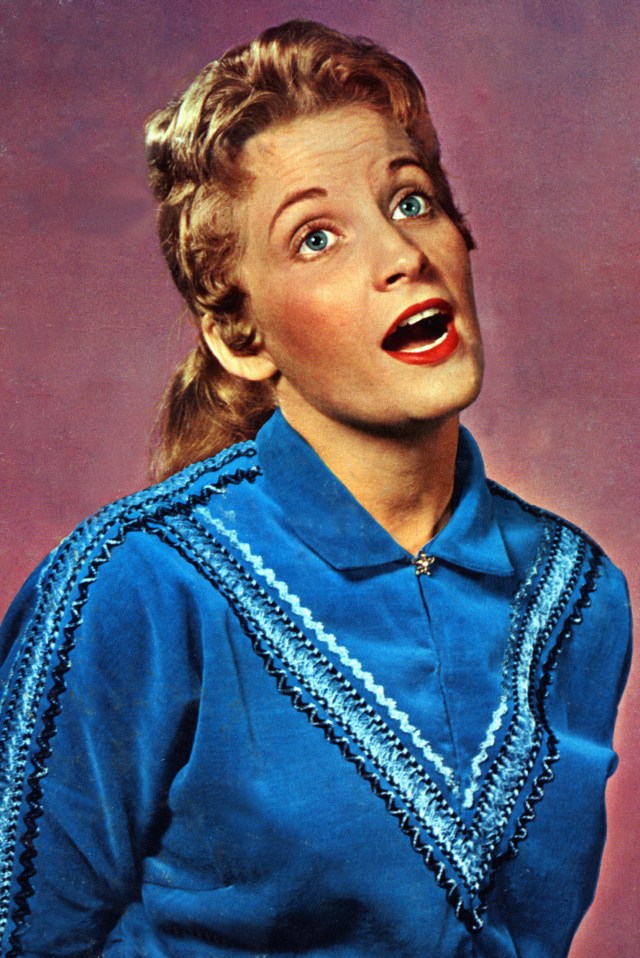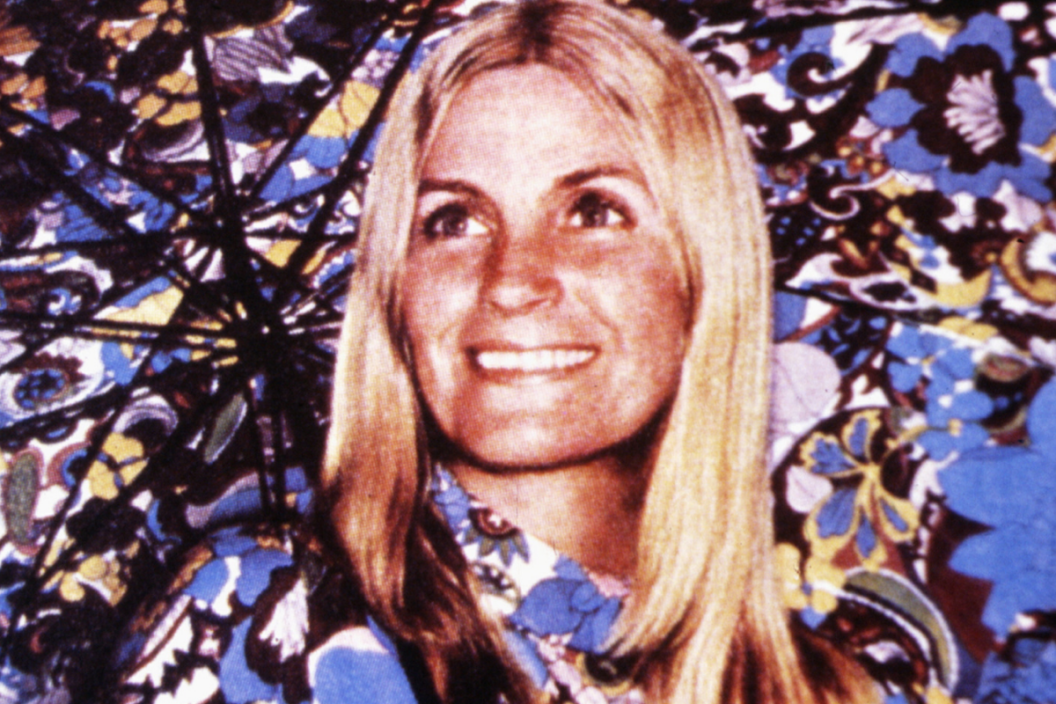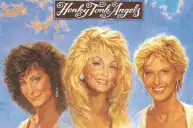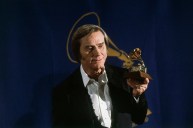Binge watchers will eventually run up on Skeeter Davis' 1962 crossover sensation "The End of The World." Popular films (1999's Girl, Interrupted) and TV shows (Mad Men) use that magic blend of Davis' voice and producer Chet Atkin's Nashville Sound blueprint to underscore memorable scenes.
Videos by Wide Open Country
"The End of the World" secured Davis' spot in country music history while inspiring vocalists ranging from Tammy Wynette and Dolly Parton to Lou Reed and Lana Del Rey. But just as Bobbie Gentry's story doesn't begin or end with pop hit "Ode to Billie Joe," Davis' legacy cannot be pinned down to one song.
Davis (born Mary Frances Penick; December 30, 1931 - September 19, 2004) was a native of Dry Ridge, Kentucky.
While attending Dixie Heights High School in Edgewood, Kentucky, she befriended fellow music fanatic and vocal talent Betty Jack Davis (no relation). The friends formed country duo the Davis Sisters in 1947. In 1953, they landed Skeeter Davis her first deal with RCA Victor.

Photo by GAB Archive/Redferns
The Davis Sisters' 1953 hit "I Forgot More Than You'll Ever Know" made history when it spent eight weeks at No. 1. It was the only Billboard chart-topper by a duo of women until The Judds' first No. 1, 1984's "Mama He's Crazy."
Betty Jack Davis died on Aug. 2, 1953 in a car accident. Skeeter continued The Davis Sisters with Betty's real-life sibling, Georgia, until 1956.
Early in her solo career, Davis cut a pair of answer songs for Hank Locklin hits: her 1957 single "Lost to a Geisha Girl" answered "Geisha Girl," while 1960's "(I Can't Help You) I'm Falling Too" countered the better-known "Please Help Me, I'm Falling."
Additional hits establishing Davis as one of the most gifted singers in the country music field include "Set Him Free" (1959), "My Last Date (With You)" (1960), "I'm Saving My Love" (1963), "I Can't Stay Mad at You" (1963), "He Says the Same Things to Me" (1964) and "Gonna Get Along Without You Now" (1964).
Like just about any country singer from any time period, Davis excelled as a duet partner, as heard on her and a promising songwriter named Bobby Bare's 1965 cover of "A Dear John Letter." Bare and Davis teamed up again for 1970's "Your Husband, My Wife." Davis also sang duets with Porter Wagoner and recorded a tribute album to Buddy Holly.
As Davis' country chart success for RCA Records cooled off in the late '60s, she scored three additional Top 15 hits of note: Parton co-write "Fuel to the Flame" (1967), Jim Glaser's "What Does It Take (To Keep a Man Like You Satisfied)" (1967) and a song previously recorded by The Kinks, "I'm a Lover (Not a Fighter)" (1969).
Singles in the '70s ranged from gospel song "We Need a Lot More of Jesus" (1970) to a cover of "One Tin Soldier" (1971), an anti-war song popularized by occult-themed rock band Coven. An even better example of how well she sustained the quality of her '60s output in a new decade, 1971's "Bus Fare to Kentucky," became the title of her autobiography.
Read More: Ralph Emery's Comedic Sidekick, Shotgun Red
"I Love Us" became Davis' final minor country hit in 1976, but her discography was far from finished. Her last high-profile release, 1985's She Sings, They Play, teamed Davis with her husband Joey Spampinato's rock band, NRBQ.
Davis was first diagnosed with breast cancer in 1988. The cancer metastasized in 2001, a year before Davis performed "The End of the World" one last time on the program that captured her imagination as a teen, the Grand Ole Opry. She died in hospice care on Sept. 19, 2004 at the age of 72.
Editor's Note: Products featured on Wide Open Country are independently selected by our editors. However, when you buy something through our links, we may earn a commission.




